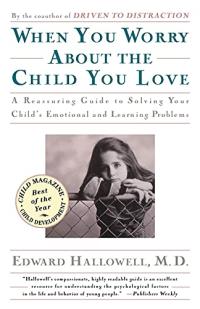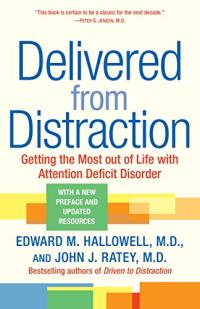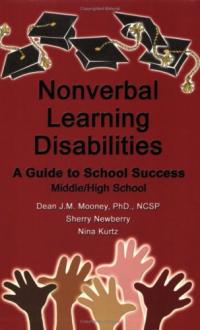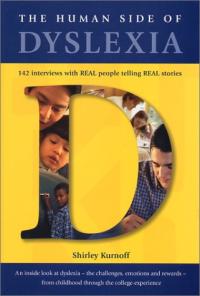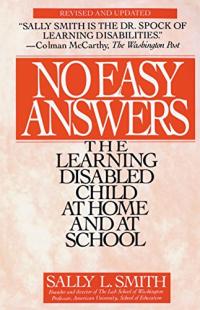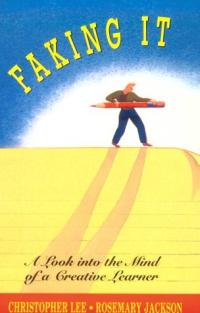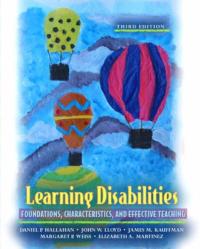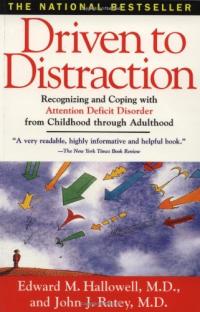
Driven to Distraction: Recognizing and Coping with Attention Deficit Disorder from Childhood Through Adulthood
Groundbreaking and comprehensive, Driven to Distraction has been a lifeline to the approximately eighteen million Americans who are thought to have ADHD. Now the bestselling book is revised and updated with current medical information for a new generation searching for answers.
Through vivid stories and case histories of patients — both adults and children — Hallowell and Ratey explore the varied forms ADHD takes, from hyperactivity to daydreaming. They dispel common myths, offer helpful coping tools, and give a thorough accounting of all treatment options as well as tips for dealing with a diagnosed child, partner, or family member. But most importantly, they focus on the positives that can come with this “disorder” — including high energy, intuitiveness, creativity, and enthusiasm.
See also, Delivered from Distraction: Getting the Most out of Life with Attention Deficit Disorder.

